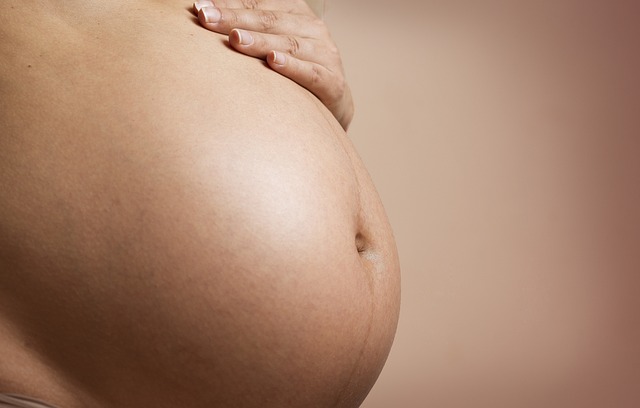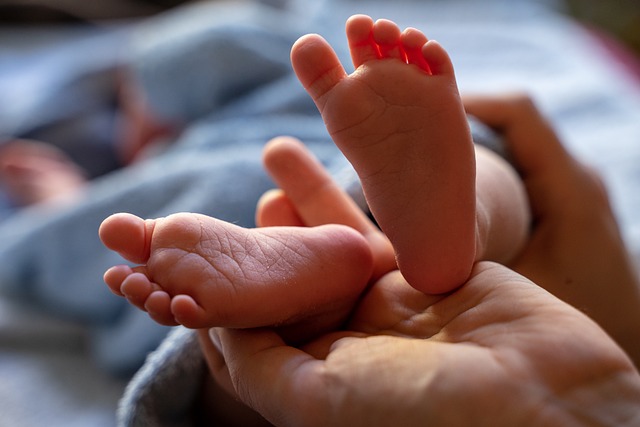
Psychotropic Treatment during Pregnancy: Perinatal Mental Health Considerations
Perinatal psychiatric illnesses pose challenges in women's mental health during pregnancy and postpartum, highlighting the need for personalized treatment approaches and integrated perinatal mental health care services to optimize maternal and neonatal outcomes.
June 2021

Psychological Health of Pregnant Women during the Pandemic: Insights into Fear and Depression
Many pregnant women experience fear and depression during the pandemic, underscoring the importance of addressing mental health needs and providing adequate support and resources to mitigate psychological distress and promote maternal well-being during this challenging time.
April 2021

Abdominal Wall Defects in Neonates: Comprehensive Evaluation and Therapeutic Strategies
A comprehensive approach to neonatal abdominal wall defects involves accurate diagnosis, multidisciplinary management, and individualized treatment strategies to optimize outcomes and minimize complications in affected infants, highlighting the importance of collaborative care in neonatal surgical practice.
April 2021
Hepatitis C Testing Among Perinatally Exposed Infants: Clinical Practices and Associated Factors
Utilization of hepatitis C testing in perinatally exposed infants varies, with factors such as healthcare provider practices and maternal risk factors influencing testing rates, highlighting the need for standardized screening protocols and increased awareness of testing recommendations in clinical practice.
January 2021

Maternal Exposure to Substances and Child Mental Health
High maternal exposure to polychlorinated biphenyls (PCBs) during pregnancy has been linked to lower IQ and emotional problems in children, highlighting the importance of identifying and mitigating environmental risks during pregnancy.
July 2003

Parental Age Associated with Risk of Leukemia in Offspring
New Zealand researchers, in collaboration with British counterparts, report that the risk of acute lymphoid leukemia (ALL) in children appears to increase with parental age. This highlights the importance of considering parental factors in childhood leukemia risk assessment.
September 2002

Anxiety and Depression Linked to Spontaneous Premature Birth
Pregnant women with anxiety and depression may face an increased risk of experiencing spontaneous preterm birth, according to a study published in the American Journal of Epidemiology. This highlights the importance of addressing mental health disorders during pregnancy.
September 2002















